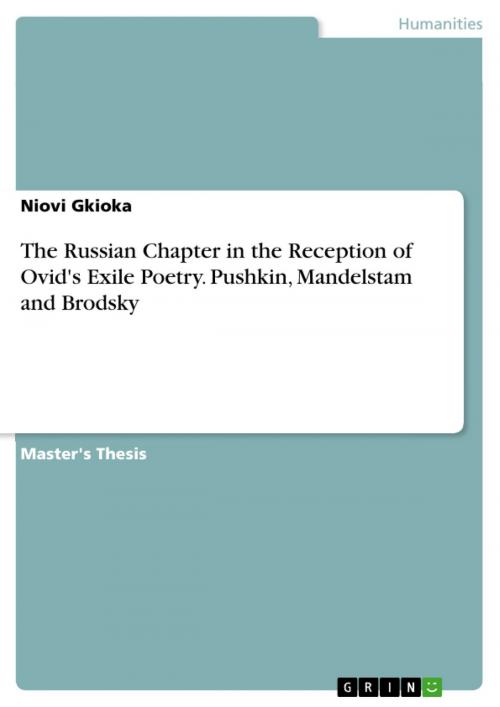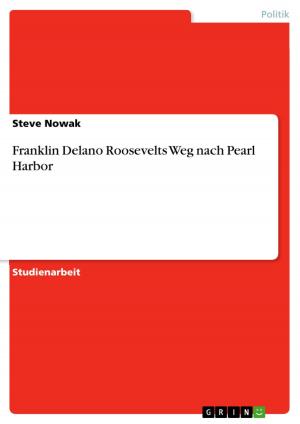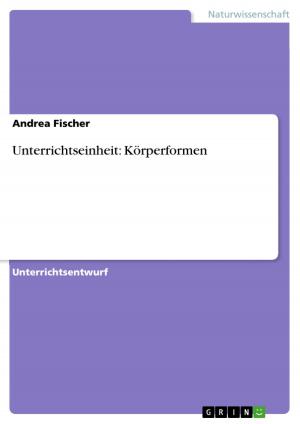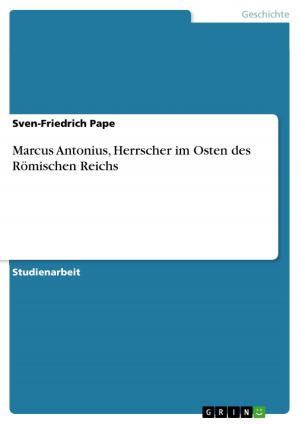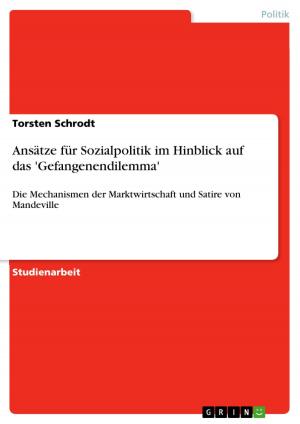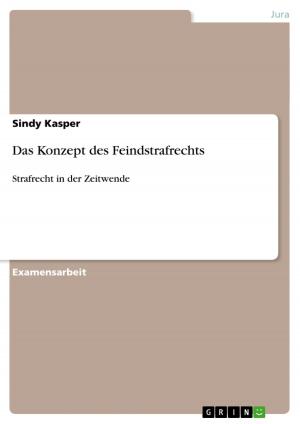The Russian Chapter in the Reception of Ovid's Exile Poetry. Pushkin, Mandelstam and Brodsky
Nonfiction, Reference & Language, Foreign Languages, Latin| Author: | Niovi Gkioka | ISBN: | 9783668146464 |
| Publisher: | GRIN Verlag | Publication: | February 12, 2016 |
| Imprint: | GRIN Verlag | Language: | English |
| Author: | Niovi Gkioka |
| ISBN: | 9783668146464 |
| Publisher: | GRIN Verlag |
| Publication: | February 12, 2016 |
| Imprint: | GRIN Verlag |
| Language: | English |
Master's Thesis from the year 2015 in the subject Classic Philology - Latin philology - Literature, grade: 71, University College London (Department of Classics), course: MA in Classics, language: English, abstract: In this paper I single out three great canonical writers who are native of a country in which 'exile was an occupational hazard' (Bethea 2011). Thus, the Russian chapter is made up of the national poet Alexander Pushkin (1799-1837), the foremost member of Acmeism, Osip Mandelstam (1891-1938), and the Nobel laureate Joseph Brodsky (1940-1996). Although they are not the only Russian authors to have engaged with Ovid, they did so by completely adapting Ovidian themes to their poetic idiom whilst they were in internal or inner exile themselves. In 8AD Ovid was relegated by Augustus' imperial order to Tomis, a city today known as Constanta in Romania on the shores of the Black Sea. This is where he lived until his death in 17AD for his 'duo crimina', that is his 'carmen', 'Ars Amatoria', and the much speculated-about but unidentified 'error'. His so-called exilic corpus, 'Tristia' (8-12 AD) and 'Epistulae ex Ponto' (12-16 AD) are epistles addressed to his family, friends and Augustus, and together constitute a sort of chronicle of the debilitating effects of the exile on his psychology and ingenium. Arguably Ovid is not the originator of exilic poetry. Nor was he the first classical author to connect exile with death, which had already been explored by Cicero and can be traced as far as back as to Ennius' Medea. Yet in systematically adopting a monotonous lamenting tone and in casting himself as a mythical character destined to come to grief, Ovid curated the self-image of the persecuted poet. And in so doing in a way he paved the way for the future reception of his exilic oeuvre. Thus, alongside the long-standing adaptations of his carmen perpetuum, Ovid's exilic corpus has been susceptible to multiple reworkings through the ages by a long list of poets and thinkers.
Master's Thesis from the year 2015 in the subject Classic Philology - Latin philology - Literature, grade: 71, University College London (Department of Classics), course: MA in Classics, language: English, abstract: In this paper I single out three great canonical writers who are native of a country in which 'exile was an occupational hazard' (Bethea 2011). Thus, the Russian chapter is made up of the national poet Alexander Pushkin (1799-1837), the foremost member of Acmeism, Osip Mandelstam (1891-1938), and the Nobel laureate Joseph Brodsky (1940-1996). Although they are not the only Russian authors to have engaged with Ovid, they did so by completely adapting Ovidian themes to their poetic idiom whilst they were in internal or inner exile themselves. In 8AD Ovid was relegated by Augustus' imperial order to Tomis, a city today known as Constanta in Romania on the shores of the Black Sea. This is where he lived until his death in 17AD for his 'duo crimina', that is his 'carmen', 'Ars Amatoria', and the much speculated-about but unidentified 'error'. His so-called exilic corpus, 'Tristia' (8-12 AD) and 'Epistulae ex Ponto' (12-16 AD) are epistles addressed to his family, friends and Augustus, and together constitute a sort of chronicle of the debilitating effects of the exile on his psychology and ingenium. Arguably Ovid is not the originator of exilic poetry. Nor was he the first classical author to connect exile with death, which had already been explored by Cicero and can be traced as far as back as to Ennius' Medea. Yet in systematically adopting a monotonous lamenting tone and in casting himself as a mythical character destined to come to grief, Ovid curated the self-image of the persecuted poet. And in so doing in a way he paved the way for the future reception of his exilic oeuvre. Thus, alongside the long-standing adaptations of his carmen perpetuum, Ovid's exilic corpus has been susceptible to multiple reworkings through the ages by a long list of poets and thinkers.
